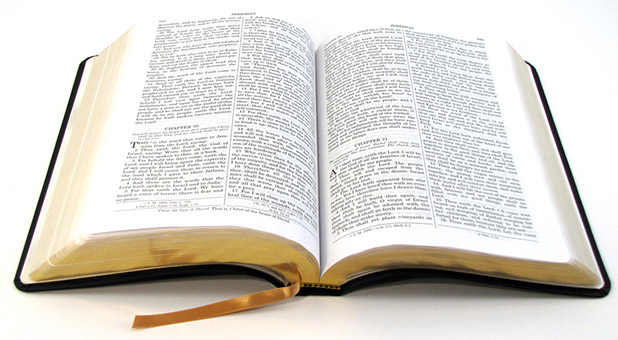The Christian Take on Free Markets
During the 2016 presidential election cycle, the term “free trade” has been used by nearly every candidate, but what does the Bible say about the issue?
That’s the subject of a new Institute for Faith, Work & Economics booklet, Free Indeed: Living Life in Light of the Biblical View of Freedom, written by theologian Art Lindsley. In it, the vice president of theological initiatives for the IFWE makes the case that free market ideas, such as private property, limited government, innovation and creativity, are consistent with biblical values and must be sustained.
In the first chapter, Lindsley gives a “bird’s eye view” of biblical freedom, and how it differs from worldly freedom. In the second, he promotes seven premises of biblical freedom in application.
They are:
- Political, economic and religious freedom are dependent upon each other.
- Biblical freedom is based on a moral foundation.
- Biblical freedom upholds private property.
- Biblical freedom limits government power.
- Biblical freedom promotes innovation.
- Biblical freedom always considers the Fall.
- Biblical freedom encourages toward true progress.
Lindsley calls Christians to action in promoting all biblically-grounded freedoms—religious, economic and political. He writes:
“Christ has set us free, and we need to live accordingly because God is working good things through us—including the freedom and flourishing of others. Our inner freedom should lead us to outer freedom. For this reason, political, economic and religious freedom should not be taken for granted.”














































